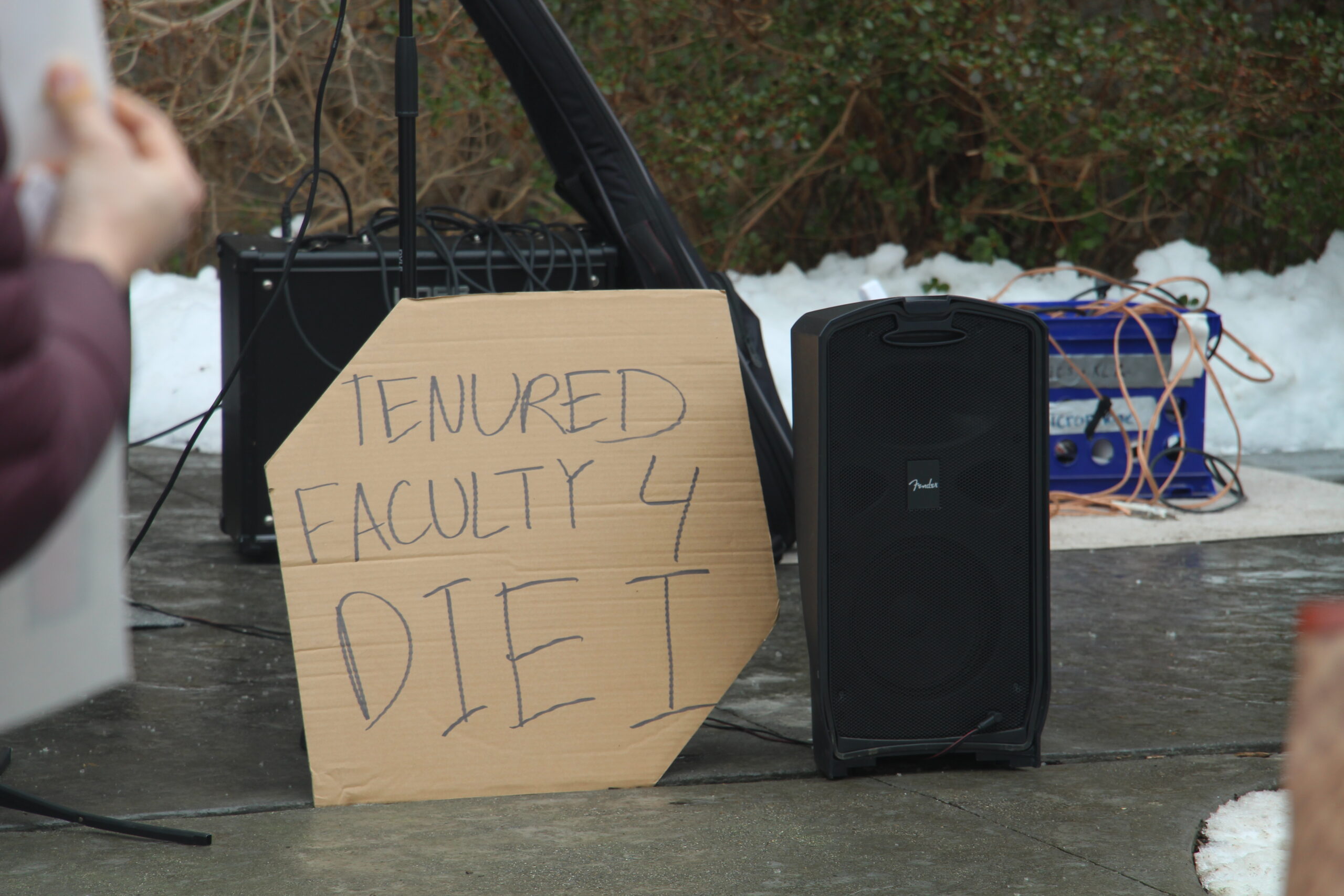SAMANTHA GRAINGER SHUBA
With the hype of the Presidential Debates between Governor Mitt Romney and President Barack Obama, many forgot about the Third-Party Debates. Some might even ask, what are third parties?
Third parties are defined as any party other than the popular Democrat and Republican parties. So, on October 23 at the Hilton Chicago Hotel, four third-party presidential nominees debated issues like the war on drugs, foreign policy, civil liberties, the economy, education reform and domestic policy. The Justice Party nominee Rocky Anderson, Constitution Party nominee Virgil Goode, Libertarian Party nominee Gary Johnson and Green Party nominee Jill Stein came together, unified, if only on this issue, against the “Top Two” voting system, where the two candidates with the biggest budgets get the spotlight, and make the ballot.
Even if one had wanted to watch these debates, they were impossible to find on television, or even on any major news stations’ websites. The reason simply is that no networks picked it up. Having not watched the debate live myself, the simple effort of trying to find the debates online was difficult. However, watching them was a great opportunity to get refreshing takes on political issues.
Jill Stein of the Green Party was the only female nominee at this debate, and quipped right off the bat that she was “always glad to lead.” During the debate, she referred to the common individual and the common family. She made points about “Americans being at the breaking point.” Her contributions focused on, as her party’s name suggests, a green economy. She took an economics and yet also environmental approach, mentioning Wall Street bailout and the 1%, but also sustainable energy practices and trying to “make wars over oil obsolete.” She, did not, however, focus on domestic policies and though she had plenty to say, critics said she didn’t really explain how she would implement her policies.
Rocky Anderson, Mayor of Salt Lake City, constantly answered questions using statistics about how America compares to other countries. He talked about how infant mortality rates, as well as the mortality rates of women due to issues with pregnancy, which are the highest they have been since 1965. His main point centered around what he sees as the regression of American society due to bipartisan problems. “This political duopoly is putting a stranglehold on our democracy,” he said. Anderson made a lot of claims, but critics claimed he didn’t cite from where he got his information. He also tended to point out things that were wrong with the United States, without procuring a solution.
Virgil Goode displayed himself to be a right-wing Mitt Romney knockoff. His main points orbited around the economy and the unemployment rate. With his slightly stereotypical Southern Virginia accent, he openly objected to immigration and said that immediately following his inauguration as president he will “call for a complete moratorium on Green Card admissions to the United States until unemployment is under 5%.” Sound familiar?
Gary Johnson of the Libertarian Party said that he is a very pro-choice candidate. A former member of the Republican Party, Johnson changed his affiliation after his term as governor of New Mexico. “There are only two voices being heard here, and they are Tweedle Dee and Tweedle Dumb,” Johnson said in his opening statement. He had all the answers.
Johnson continued to lay out his plan for what should happen in the next four years, though he made it seem like it should happen within the next four days. He wanted to end the war in Afghanistan, stop bombing Iran, end controversy over marriage equality, end the drug wars by legalizing marijuana, abolish the Patriot Act and end the National Defense Authorization Act. He also said that he would give Congress a balanced budget plan that would cut $1.4 trillion; he would abolish income tax, corporate tax, and the entire IRS, and with that create one singular federal consumption tax, the FAIR tax. Much like Romney’s “On day One of my presidency” quotes, this seems like a lot to fulfill.
Moderators Larry King and Christina Tobin kept the candidates honest about their speaking time and asked questions submitted by sponsors and from viewers online. “It’s easy just to sit back and watch, but these people [the candidates] are standing up,” King said. “It may not count on November 6, but it’s counting now.”










Despite all odds, our President prevailed. He still has an uphill battle fighting a Red House which has blocked his every move in an attempt to squash his goals of bringing the Middle Class equal pay, women’s rights, gay rights and affordable healthcare. The Bush Administration drove our economy into a swift nose dive and Obama is still the patsy. Watch conservative hands paint him in Blackface with a visual commentary of how Barack has been bamboozled at http://dregstudiosart.blogspot.com/2012/10/bamboozling-obama.html